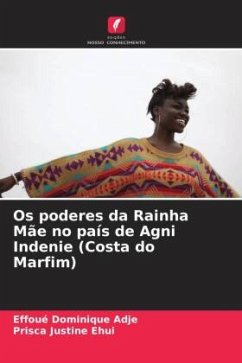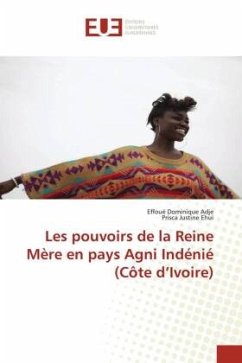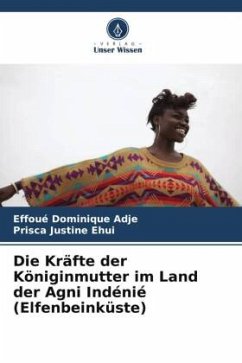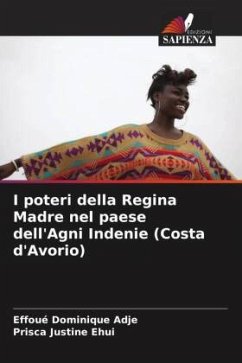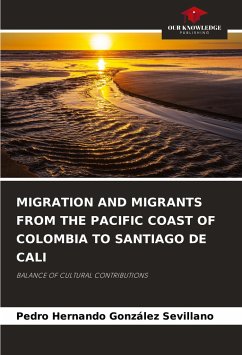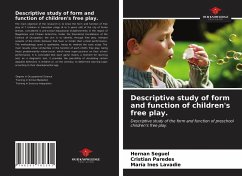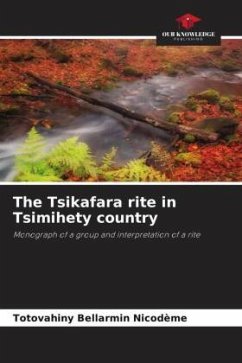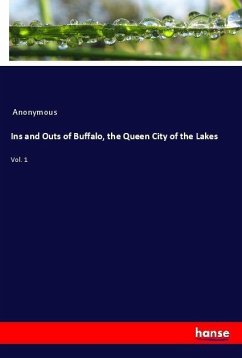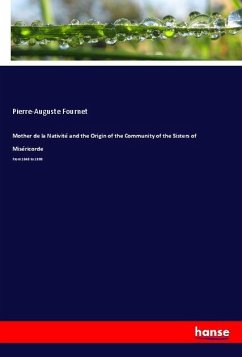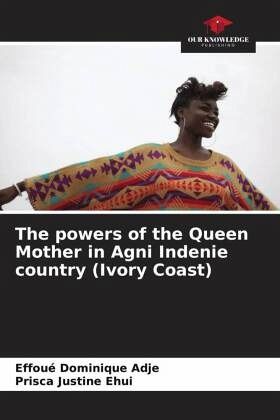
The powers of the Queen Mother in Agni Indenie country (Ivory Coast)
Versandkostenfrei!
Versandfertig in 6-10 Tagen
40,99 €
inkl. MwSt.

PAYBACK Punkte
20 °P sammeln!
Considered the mother, aunt or uterine sister (cousin) of the King/Chief, the Queen Mother is considered the person closest genealogically to the common ancestor. True owner of the throne, she is the guarantor that legitimizes and regulates power. Indeed, the interactions between the Chief/King and the Queen Mother in so-called matrilineal societies are a social and cultural construct, even if they are justified at the ethno-biological level by the primacy of the blood of the common ancestor which flows without interruption, only in the "veins" of the women of Aboussouan (family). The Chief/Ki...
Considered the mother, aunt or uterine sister (cousin) of the King/Chief, the Queen Mother is considered the person closest genealogically to the common ancestor. True owner of the throne, she is the guarantor that legitimizes and regulates power. Indeed, the interactions between the Chief/King and the Queen Mother in so-called matrilineal societies are a social and cultural construct, even if they are justified at the ethno-biological level by the primacy of the blood of the common ancestor which flows without interruption, only in the "veins" of the women of Aboussouan (family). The Chief/King and the Queen Mother form the "political pair" of this system of governance. One cannot reign without the other. The principle of equality also occupies a prominent place in this political management, where the feminine and masculine parts of power are represented by these two actors. Also, each actor benefits from a set of rights and duties, releasing his social and cultural responsibility in equity. Clearly, the opinion of the Queen Mother is taken into account just like that of her political partner.



